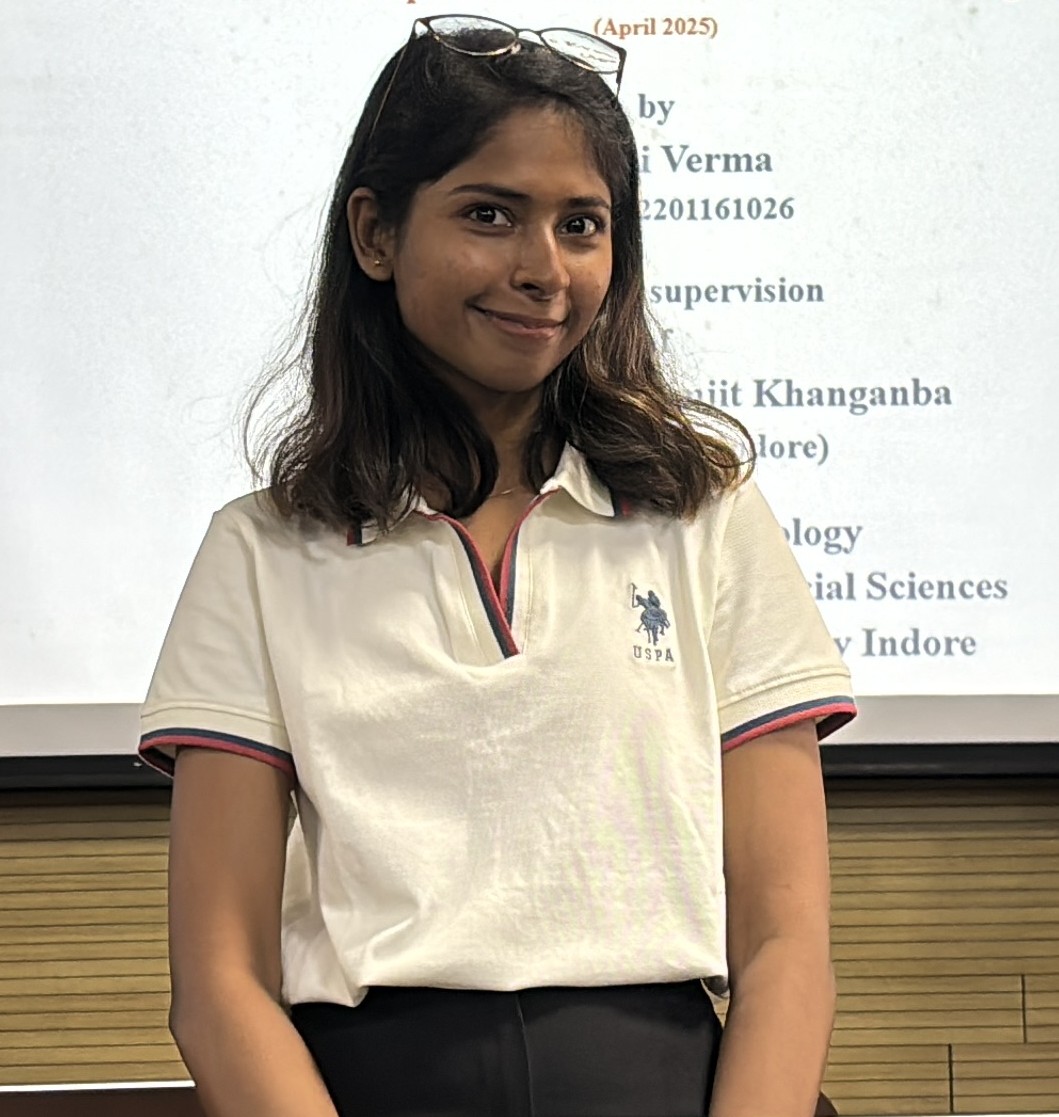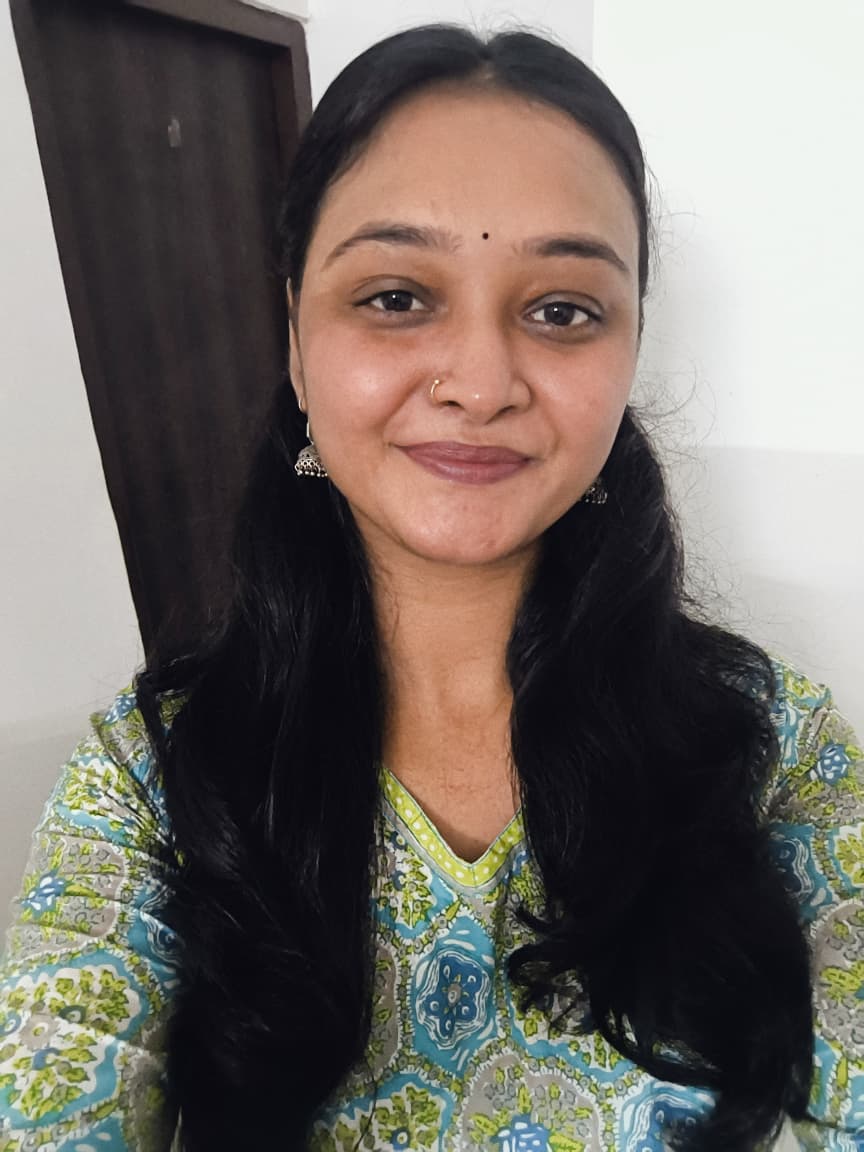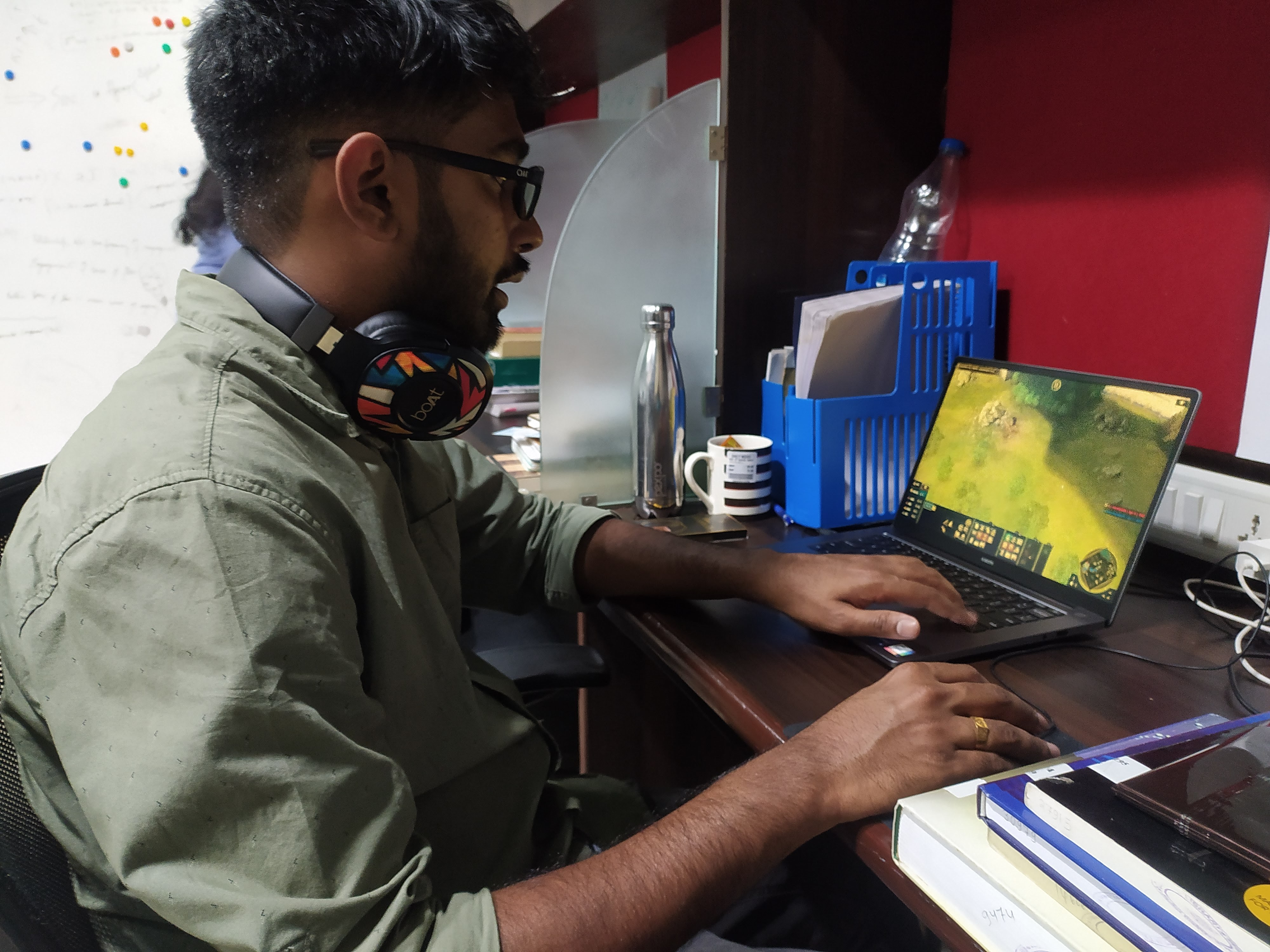

As a research volunteer Mr. Siddhant Tripathi focuses on scientific activities related to automotive human factors, especially driver cognition and emotional states. He studies driving performance, behavioral data, and gaze metrics to understand cognitive processes behind the wheel. Within cognitive ergonomics and safety, he aims to develop integrated monitoring systems for vehicles and inform safer mobility designs, including autonomous cars. His multi-modal approach uses eye-tracking, VBOX data, Heart Rate Variability (HRV), and cognitive workload measures. Motivated by a passion for motorsports, he studies cognition in high-speed professionals, bringing rigorous science to unconventional fields. Outside academia, Siddhant is a published poet and microfiction writer, as well as a skilled flutist and saxophonist. This creative background enriches his unique vision of blending human psychology with technological innovation.

Manish is deeply passionate about cognitive task analysis, with a particular focus on understanding how experts perform complex tasks. During his doctoral studies, he employs eye-tracking technology to unravel the intricacies of visuospatial processing used by experts when executing tasks. This area of expert cognition draws interdisciplinary interest from various fields such as psychology, neuroscience, and human factors engineering. By implementing cognitive task analysis alongside eye-tracking techniques, Manish aims to gain valuable insights into the strategies experts use to perform tasks efficiently and accurately. Beyond his academic pursuits, Manish is also an avid sports enthusiast, with a special passion for football. His love for the game fuels his curiosity about how expert athletes process visual information and make split-second decisions on the field, further inspiring his research in cognitive task analysis. He uses electropsychophysiological measures to decode expert cognition.

Prachi’s work in medical and healthcare human factors is driven by applying data intelligence to better understand patient behaviors and systemic barriers. As a senior research fellow her doctoral studies highlight the critical need to strengthen maternal healthcare utilization by addressing spatial and temporal factors, such as travel time to facilities. Her work reveals how travel time, especially in underserved areas, critically impacts timely access to care, highlighting spatial data's vital role in reducing delays and boosting maternal care use. She combines technology, spatial data, and human-centered design to uncover complex healthcare patterns, utilizing large-scale public, archival, Google API spatial data, and field studies. Employing Structural Equation Modeling (SEM), she thoroughly examines healthcare system performance and conceptualizes services by merging advanced quantitative methods with practical, on-the-ground insights. Her innovative approach bridges data analytics and socio-technical perspectives to build resilient, scientifically informed, and socially inclusive healthcare infrastructures.

As a senior research fellow, Ritu Sharma focuses on psychological factors of users in internet use. Her doctoral research highlights that digital transformation is an important aspect which should go hand in hand with the connnecting the unconnnected (CTU) initiatives. Utilizing the full potential of ICT and strategically implementing HCI principles will be crucial in nudging individuals, communities, and businesses. The growth of advanced communication technologies like Voice over Internet Protocol (VoIP), Internet Relay Chat (IRC), and Real-Time Text (RRT) has revolutionized digital interactions. However, digital accessibility remains a challenge for visually impaired individuals. For blind internet users, challenges are particularly pronounced, as digital platforms are not designed as per the Web Content Accessibility Guidelines (WCAG) and limited support for assistive technologies such as screen readers (e.g., JAWS, NVDA), speech synthesis systems, refreshable braille displays, etc. Even though technology has immense potential, female blind users encounter a double bind—inequities of access, literacy, and social norms. It is vital to have inclusive interventions of all kinds—digital literacy, tech training, and mentorship. Their absence will keep gender inequities alive. By combining statistical trends with in-depth personal narratives, the study highlights the need for gender-sensitive interventions that support equitable digital inclusion for them. Therefore, to get more blind women on board in the digital world, policymakers, educators, and developers must develop accessible, gender-sensitive digital spaces.

Anantha Ubaradka is a senior research fellow pursuing his doctoral research. His work intersects with digital media, user characteristics, and cognition or broadly under the theme of human-computer interaction. He examines the effects of violent video games on emotional information processing, testing whether habitual engagement with such games impairs emotion recognition and whether these impairments reflect escalated aggression. His social media study unveils critical insights into the dual dynamics of extremist recruitment within video games, revealing how these digital platforms can serve as conduits for radical ideologies. While challenging the moral panic, it also emphasizes the role of authoritarianism in fostering sex-based prejudice and aggres- sion among Indian gamers, highlighting the differential impacts of far-right versus far-left influences. His research extends into the immersive world of virtual reality (VR) by exploring the emotional and cognitive consequences of VR gaming, particularly investigating cognitive workload, cybersickness, and the experience of flow across genres. He relies on electrophyisiological data primarily eye-tracking based gaze data, HRV, EEG, filed studies, and psychometric measures for understanding scientific phenomena. His strength lies in the application of advanced statistical analyses (SEM, GLM, Factor Analysis etc.).
